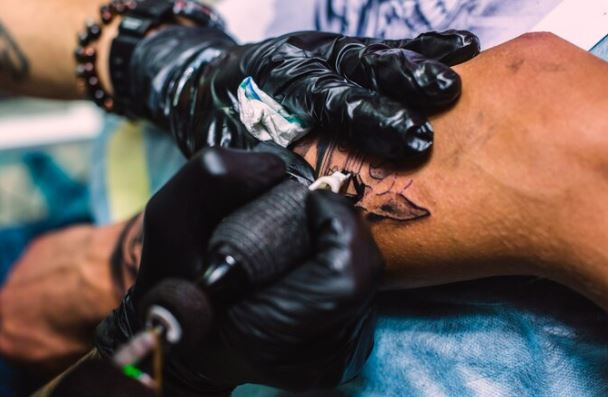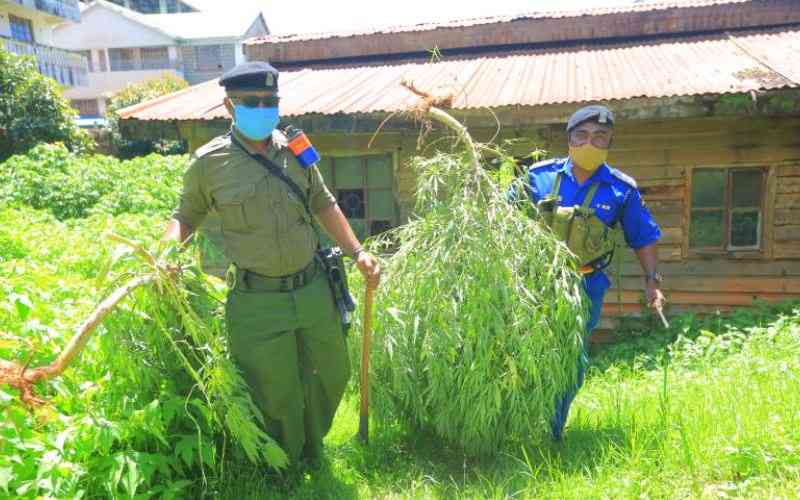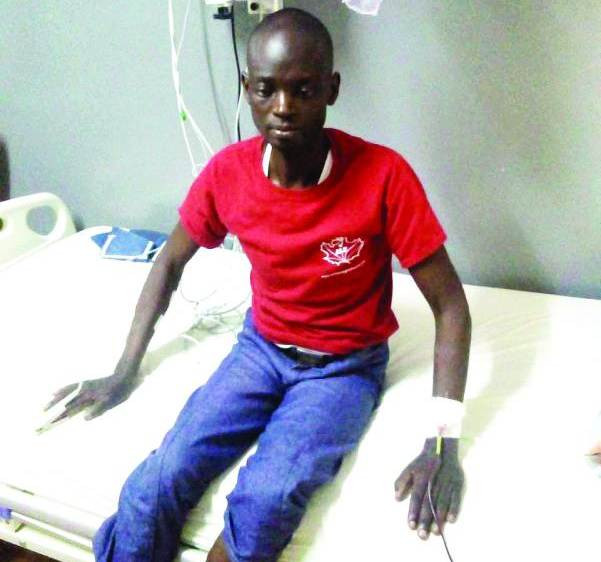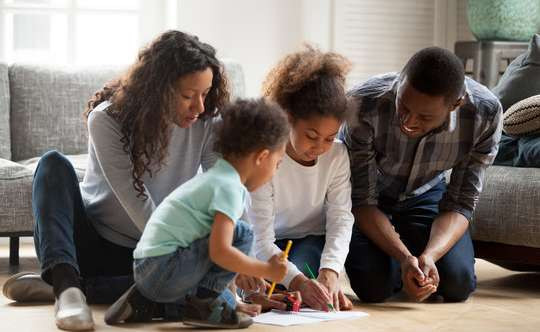Children accessing adult content online is a complex issue, Rosa Sanau a marriage and family therapist and Director at Marama Therapy, says.“If we ask the ‘why’, it comes down to affordability, accessibility and anonymity. Bundles are cheap. One does not need to go look for X-rated magazines. You don’t even need to know the other person on the line.”The deeper issue, however, and the most crucial, is the relationship between the children and their parents, and the nature of the sexual education they received.“Insufficient sexual education is a big factor,” Rosa says. “Child sex education begins with the knowledge that this is a collective responsibility but moreso for the parent. We cannot depend on schools, that teachers will teach them this.”Is there a right time to begin teaching a child about sex?“As soon as the child can speak,” Rosa says. “Right from the age of three years. Most parents wait until their child is on the onset of puberty, then it hits them, my girl just started their period, or my son’s voice is getting deeper. I need to start telling them about sex and contraceptives and getting pregnant.”“But if we begin at age three, when the child is starting to recognize themselves and to express themselves, it helps us to begin to build on the information we impart. We can give progressive, age-appropriate information. It opens up channels of communication so that you’re not bombarding your child with ‘Do Not’ or ‘If you do this, this will come to you’ rules.”Rosa explains: “Age-appropriate information looks like this: At age three, you are beginning to help them know their body parts. Name body parts. Name what they can or cannot do with those body parts. Something as simple as the nursery school rhyme ‘These are my body parts’, which you can sing with them even as you bathe them.”“You can tell them, for example, “Please rinse your private parts”. You’re also teaching them boundaries, telling them that even me, as your parent, if you do not want mummy to tickle you, you can say no. You’re modelling that and telling them that if someone tries to do this and that, you can run, shout, kick them, say no and come and tell mummy.”The driving factor behind this constant communication is the relationship you’re building with the child, and the values you’re imparting in them.“Sexual education needs to exist as a continuation of your relationship with them. It’s tied to the heart connection you have with them, the values and conviction you’re teaching them. Honesty, integrity, abstinence. You teach these are values, not as things to preach to them not to do.That way, they understand the benefits of having such values, and they develop healthy sexuality, not as a deterrent.”So, what can a parent do when their child displays curiosity about sex?“There is a healthy sexual curiosity,” Rosa advises. “but not curiosity for mature content. It needs to be age-appropriate.“Answer questions honestly and openly as you can. Let it be a conversation, an ongoing one rather than a one-time conference. You want to be your child’s first line of information.”More importantly, you want your child to understand that you are on their team.“Think about it. How can I help my child see that I’m on their team. Even if I monitor their activity, I am on their side, and I am just trying to keep them safe. Even when I put on parental controls, setting specific internet times and other rules, I am doing it to protect them and their digital footprint. If I cannot communicate that, I might need to examine what underlying issues I am dealing with.”“Let them know, this is how I would feel if you were hurt. This is the impact of watching porn, these are the longterm effects. I’m just trying to protect you. Communicate this to them, rather than castigating them.”
— Brian Guserwa
 The Standard Group Plc is a multi-media organization with investments in media platforms spanning newspaper print
operations, television, radio broadcasting, digital and online services. The Standard Group is recognized as a
leading multi-media house in Kenya with a key influence in matters of national and international interest.
The Standard Group Plc is a multi-media organization with investments in media platforms spanning newspaper print
operations, television, radio broadcasting, digital and online services. The Standard Group is recognized as a
leading multi-media house in Kenya with a key influence in matters of national and international interest.











